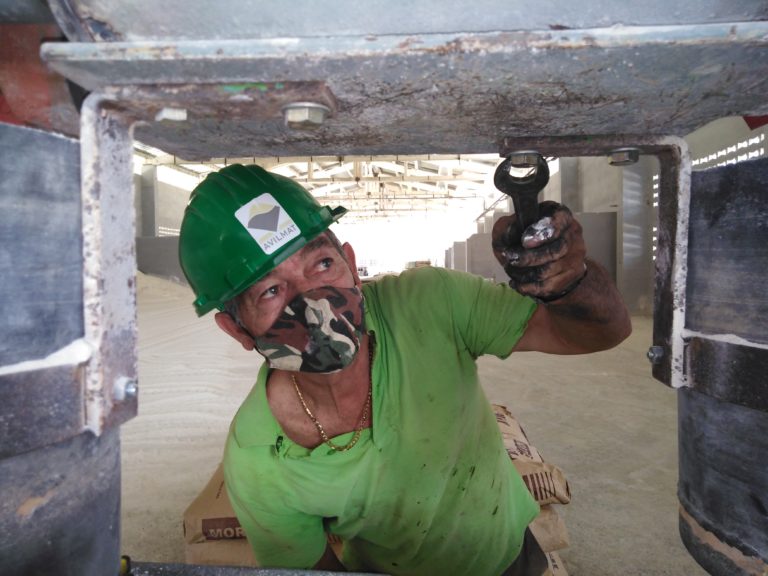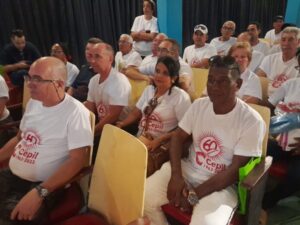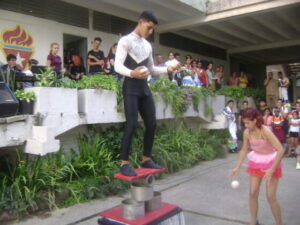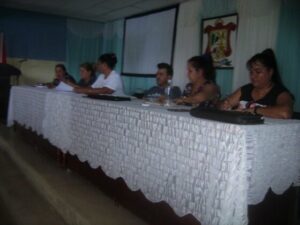The Vanguardia Nacional collective, which goes by the name of Avilmat in Ciego de Ávila, strongly embraces innovation as a way to strengthen business management and contribute to the search for solutions to the country’s technological, productive and economic problems.
It transpired that this is not an option, but the best way forward for the Construction Materials Company, where the impact of more than 30 works was highlighted at the Forum for Innovation, which evaluated the quality of the works resulting from the events at the Grassroots Business Units and the movement of creative women.
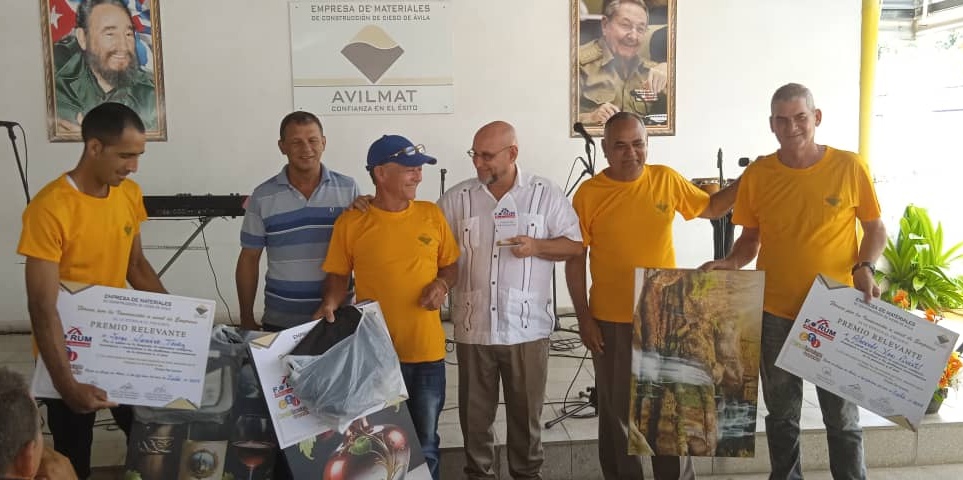
The jury awarded the Relevant category to innovators Edilberto Benítez González, Jorge Marciano Torres and Alexander Noa Pimentel, who innovated the litre counter of plant number two, in the Unidad Empresarial de Base Hormigón y Terrazo, in the municipality of Morón.
The same award went to Marcos Benítez and Maikel Ricardo Tamayo for the recovery of the C13 lathe and other machine tools in the workshop. Meanwhile, the Outstanding work went to Reinier Mazorra Alconada, Francisco Bravo Salgado, Romarico del Toro Veloz, Leandro Martín Fernández and Carlos Luis Santana. Other aniristas received honourable mentions.
This type of forum takes place in Ciego de Avila’s labour centres in homage to 26 July, as a way of strengthening business management and aims to select a set of inventions at the grassroots level to be shown at the municipal expo fairs scheduled for September of this year and the provincial meeting in October.
Miguel Salazar Rodríguez, sub-delegate for Science, Technology and Innovation in the territory of Avila, informed that the authors of contributions with the greatest economic and social impact will represent the province at the National Expo Fair for Innovation, scheduled for October at the Havana Convention Palace.
The director emphasised that this new opportunity has as a precedent the encouraging results of the provincial exhibition Soluciones Cuba, of the movement of innovators and rationalisers, in which inventions that can be generalised for the promotion of the tasks of socio-economic development were shown.

